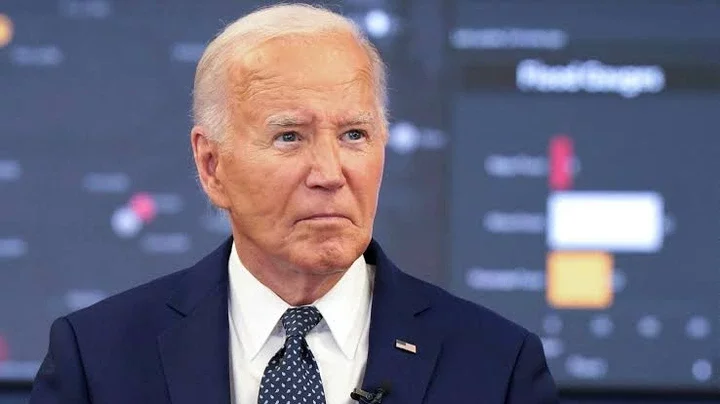
In a significant diplomatic development, Iran's Supreme Leader, Ayatollah Ali Khamenei, conveyed a message to U.S. President Joe Biden via a third-party intermediary, Sweden, in an effort to de-escalate the escalating tensions between Tehran and Washington. The message, delivered in October, has been confirmed by multiple sources, including Iranian and U.S. officials, as well as an analyst familiar with the matter. The identities of the sources, however, remain undisclosed.
At the core of Khamenei's message was a direct response to recent U.S. accusations, specifically the Justice Department's allegations that Tehran had plotted an assassination attempt against former President Donald Trump. The timing of the message is critical, as the charges, made public just a week earlier, had intensified already strained relations between the two nations, raising concerns of further conflict.
According to CNN news report, the Iranian Supreme Leader's message emphasized that Tehran had no intention of harming Trump, a statement aimed at addressing the growing tensions and dispelling fears of potential retaliation. This effort to clarify intentions comes amid a broader geopolitical crisis in the Middle East, where Iranian relations with Israel are increasingly volatile, and U.S. interests remain embroiled in regional hostilities.
While the communication from Khamenei was informal and not part of a formal diplomatic exchange, the fact that it was transmitted through an unofficial channel suggests a desire by Iran to reduce the risk of further confrontation with the U.S. As tensions between the two countries have soared, particularly in light of Iran's involvement in regional conflicts and the ongoing U.S.-Israel alliance, any direct dialogue, even in an unofficial capacity, could be seen as an attempt to prevent further escalation.

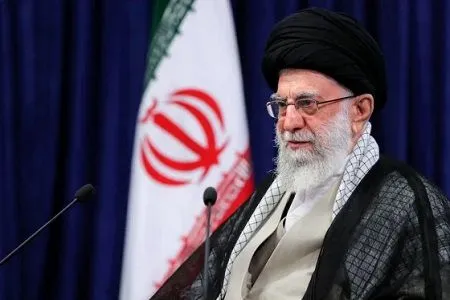
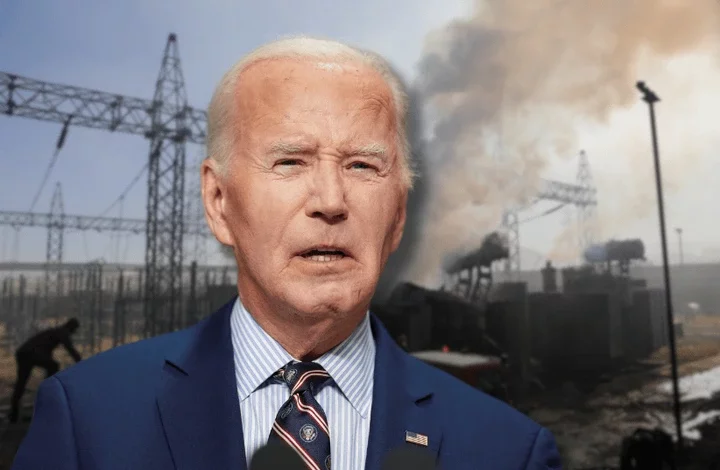

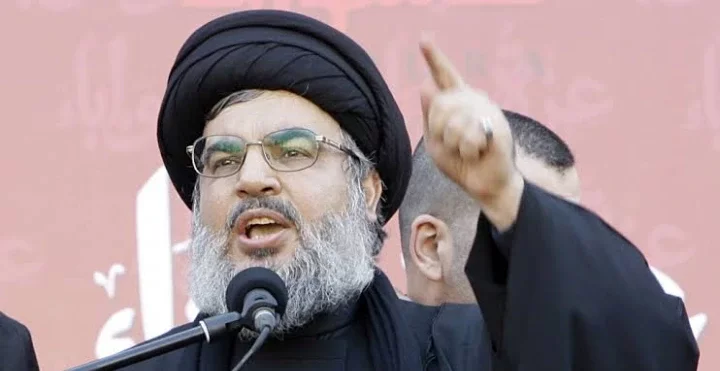
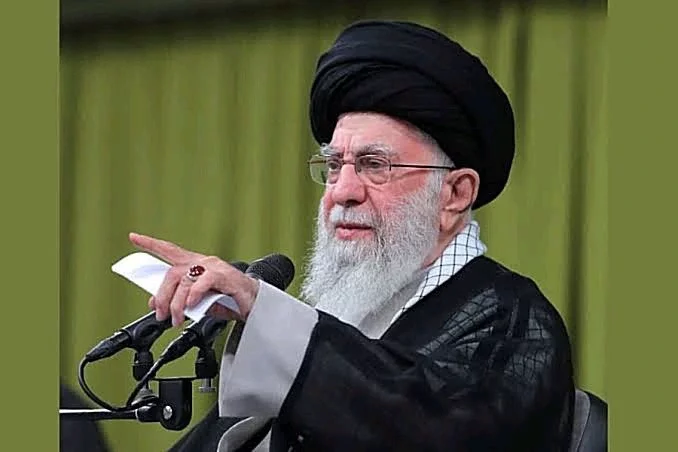
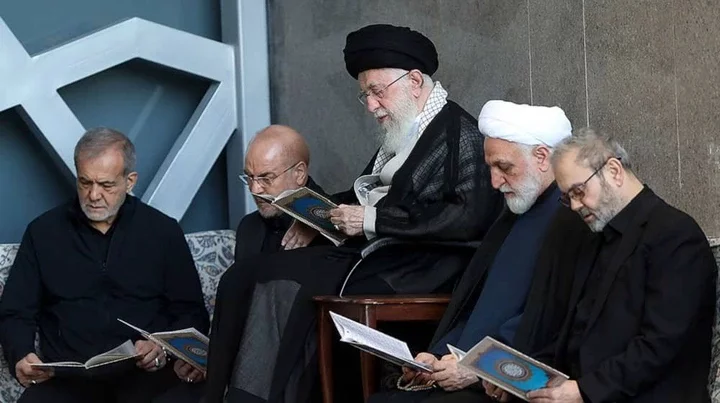



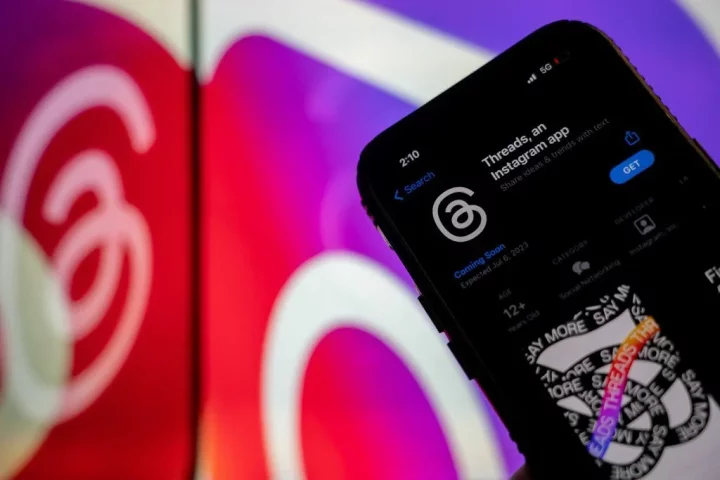





Comments